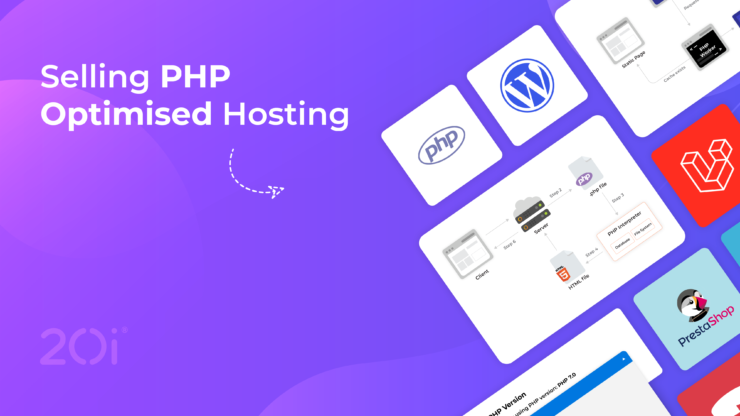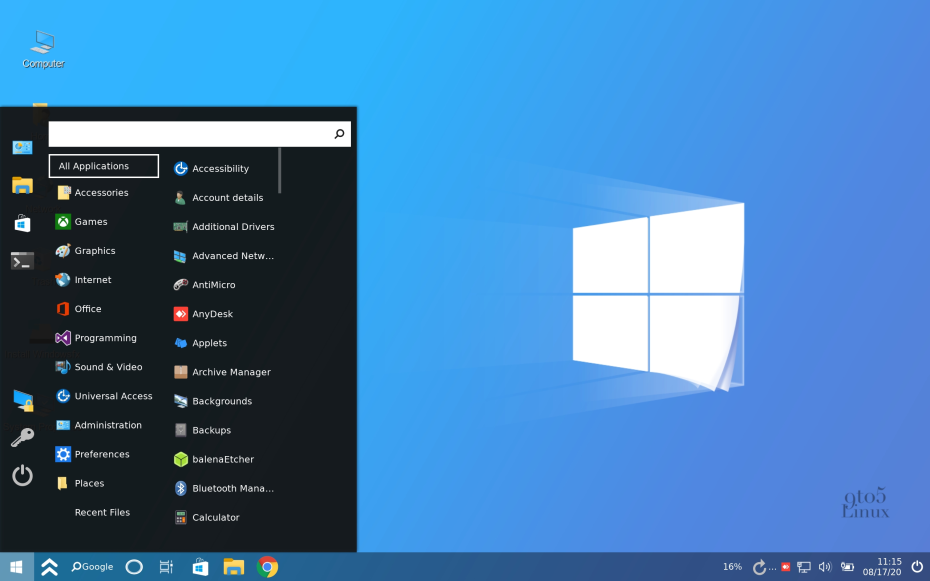PHP is used by 76% of all websites that have some form of server-side programming language.
It also powers WordPress, which is by far the most popular CMS around, with a 63% CMS market share.
If you are a white-label web host or you host customers’ websites to compliment other services, your PHP-based optimisations and management tools should be front and centre in your marketing collateral and control panel.
Here are the key features to position your PHP-based web hosting proposition…
- PHP Workers
- PHP-FPM
- PHP OPCache
- PHP Version Control
- PHP Default Version control
- PHP Configuration
- PHP Frameworks
- phpMyAdmin
- PHP Ioncube Loader
- One-click install PHP-based apps
- PHP Modules
Note: If you are a 20i Reseller Hosting customer, you get all those included as standard.
PHP Workers
PHP Workers are an important factor to deliver high-performance hosting for PHP based sites/apps.
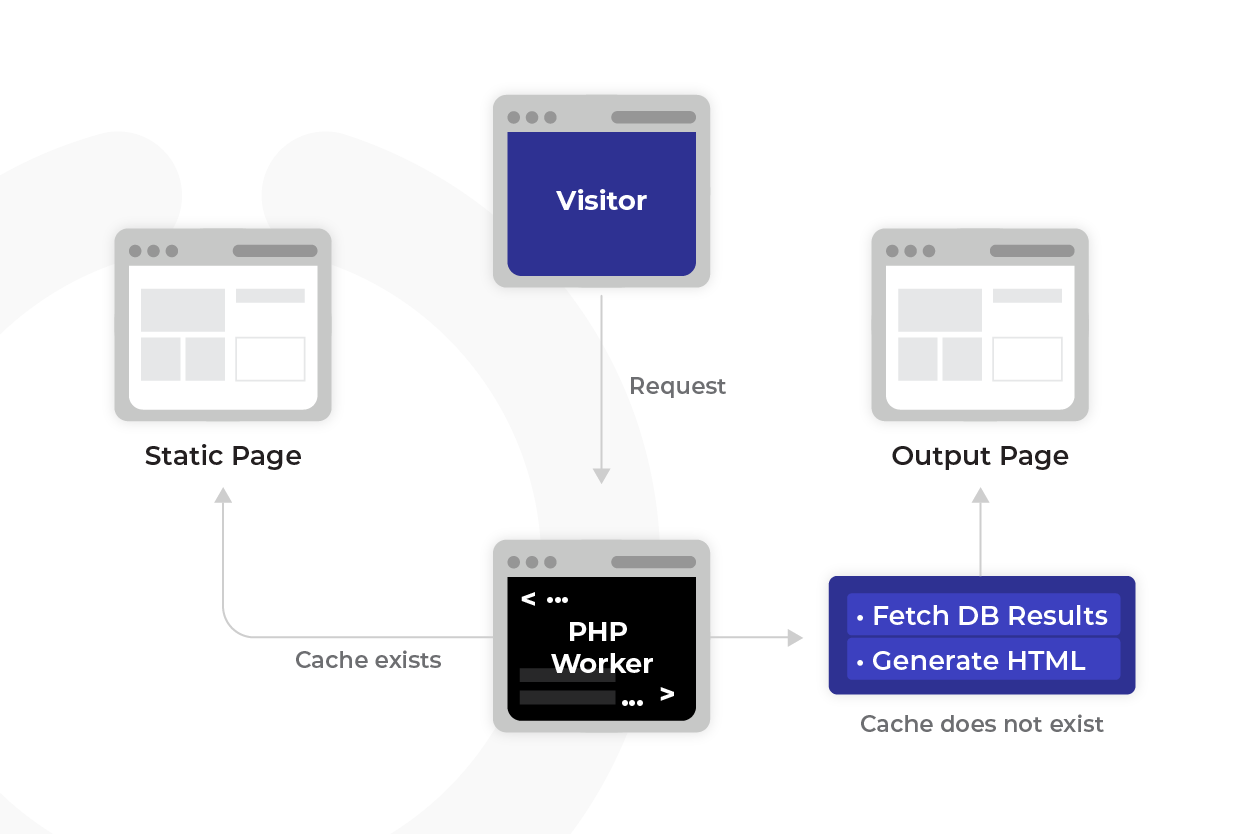
PHP-based tasks on a web server can often be resource intensive, especially for large or complex sites/apps.
To help prevent delays and handle multiple requests, PHP workers are employed.
A PHP worker refers to a process or thread that’s responsible for executing PHP code. When a request comes into a server to load a PHP page, a PHP worker takes that request, executes the necessary PHP code, and then sends back the appropriate response, for example, in the form of an HTML page.
If a web server has too few PHP workers and gets too many simultaneous requests, it will queue up the excess requests until a worker becomes free. This can result in slow response times or timeouts for users.
Each PHP worker consumes memory and CPU. So, there’s a balance between having enough workers to handle the traffic and not overwhelming the server’s resources.

Read our article about PHP Workers and WordPress: How they impact your hosting performance or watch our video on the same topic.
PHP-FPM
PHP-FPM manages PHP processes. Its main advantage is that it can handle a high volume of queries, making it especially useful for sites with heavy traffic or complex web applications.
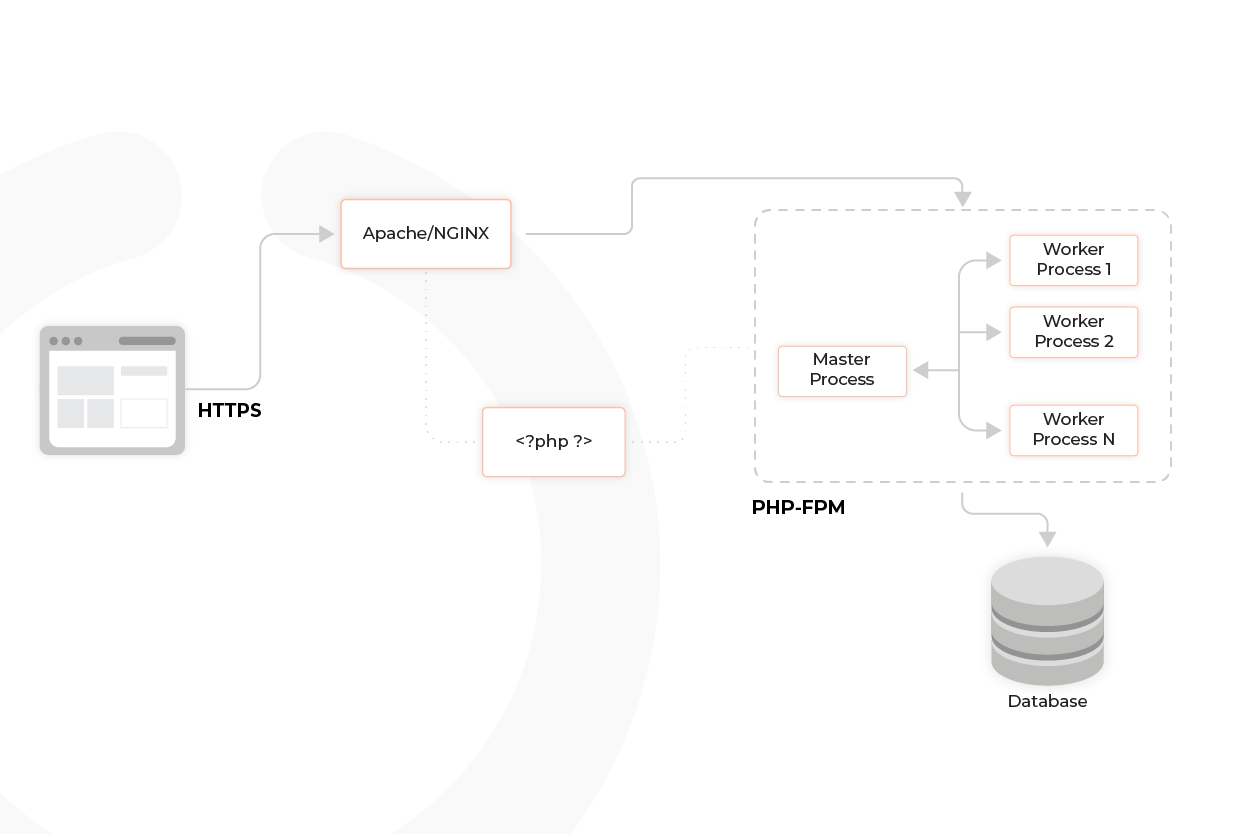
PHP-FPM maintains pools of PHP processes that can serve PHP code without needing to start up a new PHP process for each request.
We configure PHP-FPM to use dynamic process management. This means that the number of PHP processes can be adjusted automatically based on the current demand.
When the server is under heavy load, PHP-FPM can spawn additional processes to handle the increased number of requests. Conversely, it can reduce the number of processes during periods of low activity to conserve resources.
We set optimal values for crucial PHP-FPM settings, such as:
pm.max_children
Determines the maximum number of child processes that can be created. This prevents the server from being overwhelmed by too many processes.
pm.start_servers
Specifies the number of child processes created on startup. This helps ensure there are enough processes ready to handle incoming requests without delay.
pm.min_spare_servers and pm.max_spare_servers
Define the minimum and maximum number of idle processes. This ensures there are always enough spare processes to handle spikes in traffic while preventing resource wastage.
PHP OPCache
OPcache is an opcode cache. Opcode caching works by saving the compiled PHP code between every request.

Without an opcode cache, PHP scripts are loaded, parsed, compiled, and executed with every request, which can be a time-consuming process.
This is built in for all our hosting plans.
PHP Version Control
Managing PHP versions can be a headache, especially when you’re juggling different projects with varying requirements.
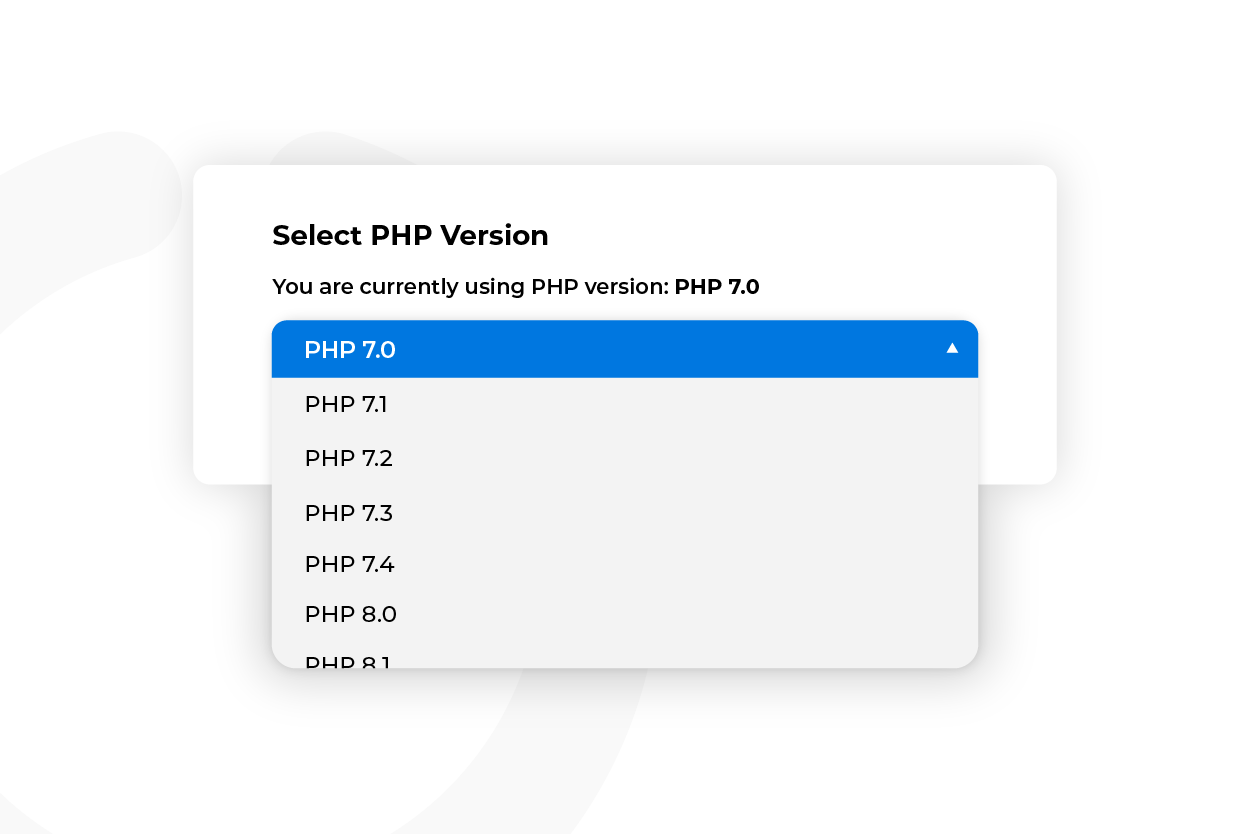
That’s why we’ve made it simple with our PHP Version Control feature, to give your customers full control and flexibility over their development environment.
Whether they are working on a legacy application that requires an older version or a new project that demands the latest PHP features, your customers can easily select the version they need from our user-friendly interface.

Default PHP Version control
As a web developer, agency or owner of multiple websites setting a default PHP version can bring benefits in managing your projects.
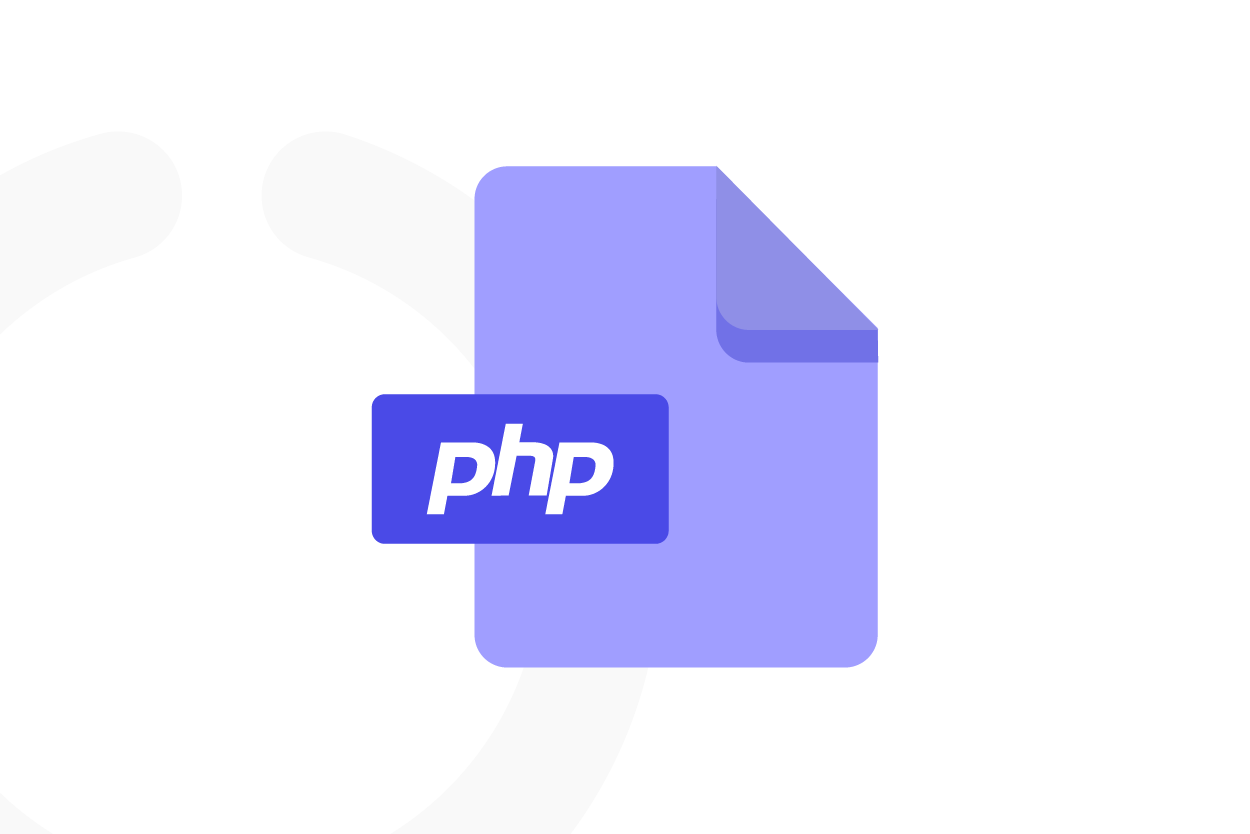
With each new version of PHP, there are often changes to the language and new features introduced, which can affect how websites and applications function.
Having a default PHP version simplifies the process of managing different versions of PHP.
It allows administrators and developers to easily switch between versions when necessary, without having to modify configuration files for every website or application you manage.
It also helps to prevent compatibility issues with plug-ins or themes if you are hosting WordPress websites.

PHP Configuration
Advanced users naturally want more control over their PHP set up to customise the settings based on their specific requirements.
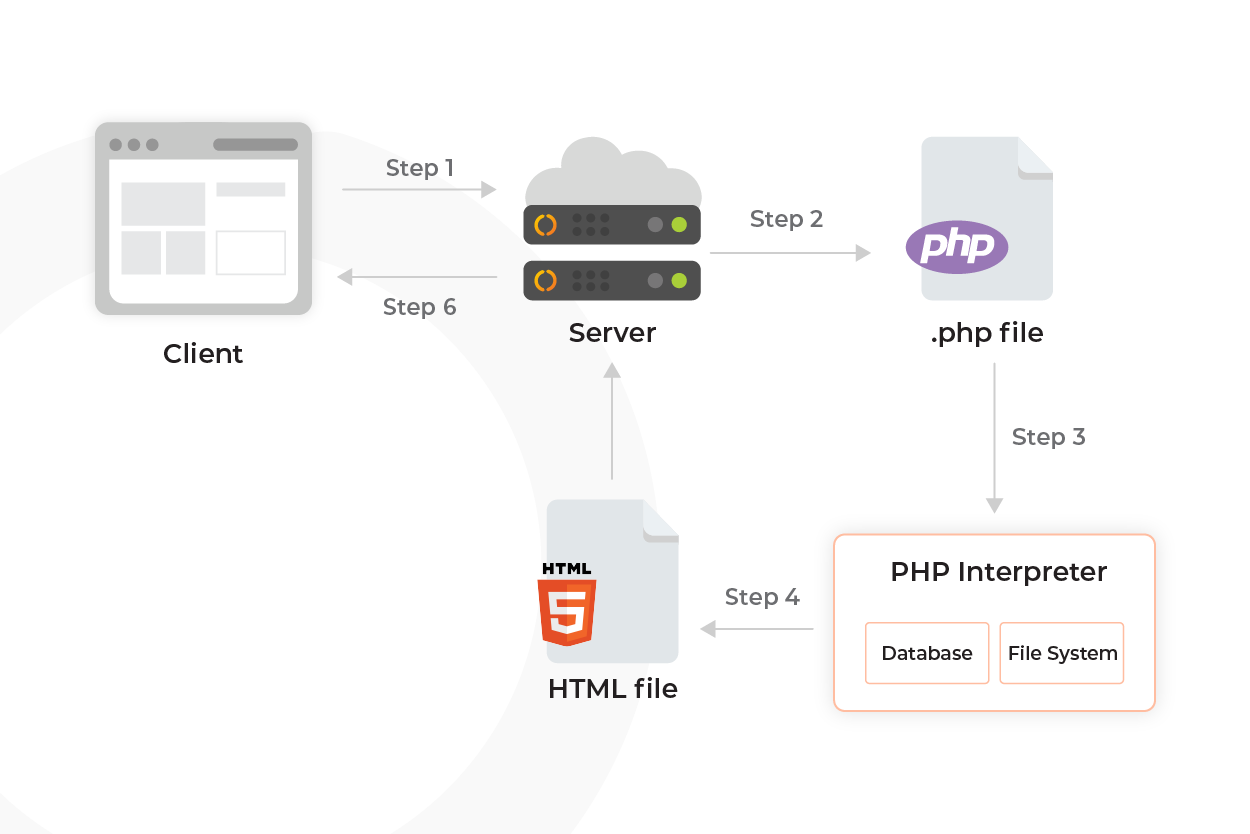
Each hosting package at 20i can configure the settings for:
- The maximum size of POST data allowed to the server, per request.
- The maximum amount of time on how long a single PHP script can run before the running script is killed.
- The maximum number of input variables your hosting package can use for a single function.
- The maximum number of files that can be uploaded in one single request.
- The maximum amount of server memory that each PHP script can use.
- The maximum size of a file that can be uploaded.
- … and many more.

PHP frameworks
PHP frameworks provide built-in features and code libraries, reducing the amount of original code you need to write.
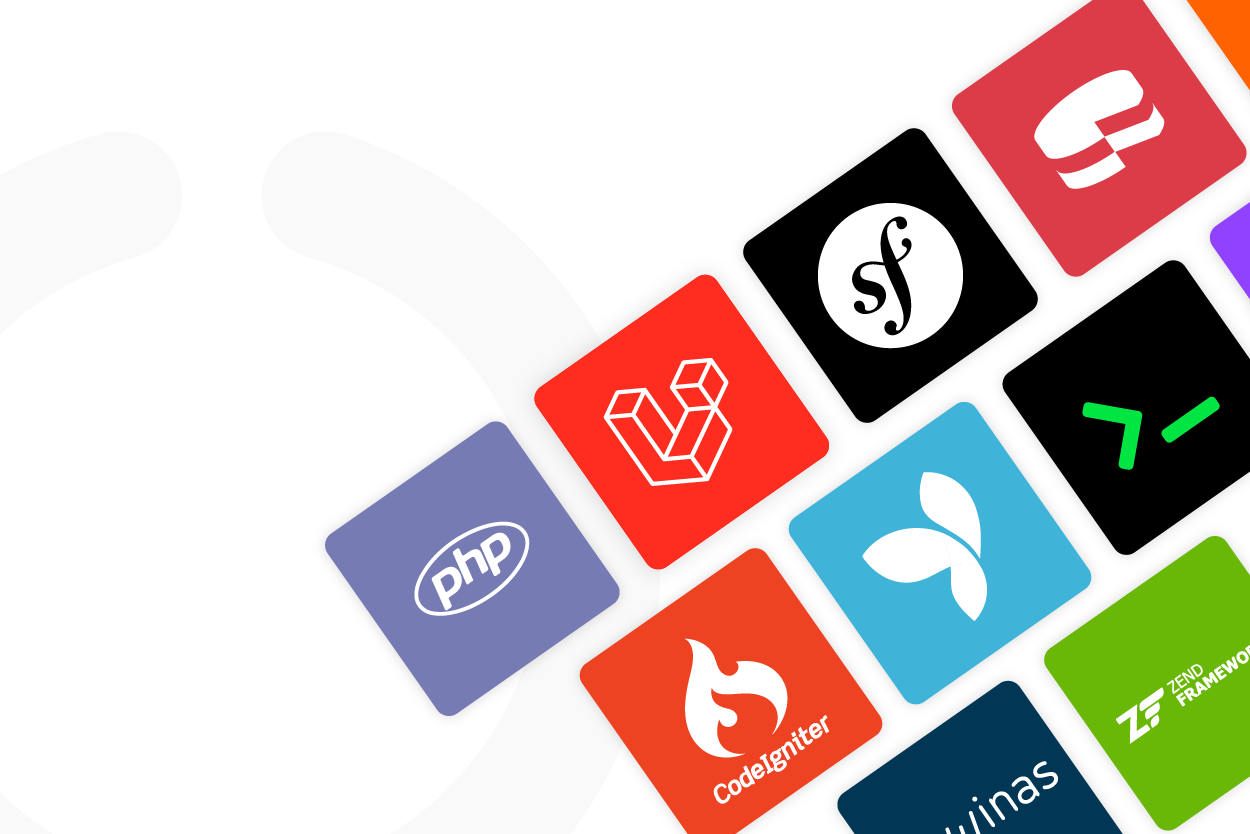
- Frameworks offer tools and libraries that speed up development. For instance, CakePHP’s Bake command-line tool generates skeleton code quickly.
- Built-in functions mean less manual coding.
- Frameworks provide pre-built solutions for tasks like form validation, data sanitization, and CRUD operations.
- Frameworks enforce clean, organized code structures.
- While not a substitute for secure coding, frameworks minimize the risk of vulnerabilities.
You can offer customers Laravel, CakePHP and Slim as one-click installs on your hosting.
Read our blog post about the best PHP frameworks.
phpMyAdmin
MySQL is the most popular database system used with PHP.
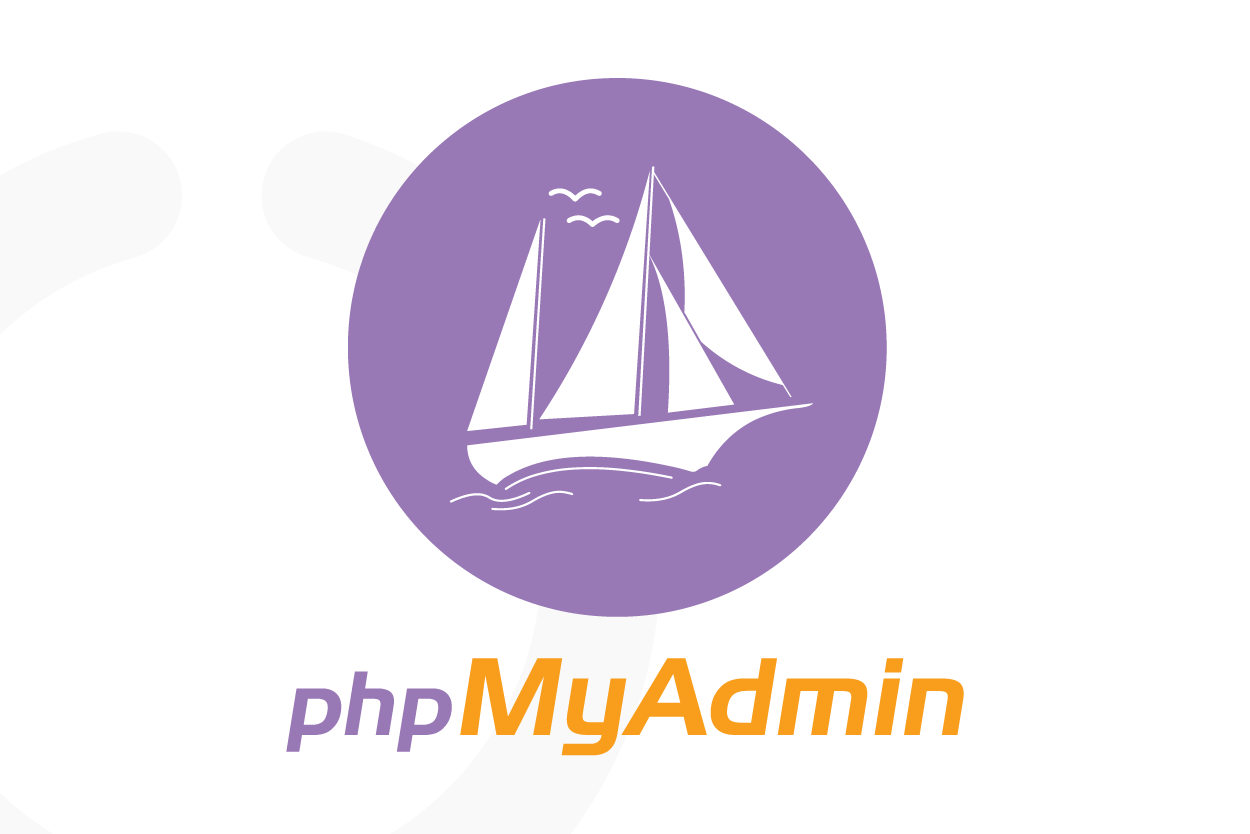
phpMyAdmin makes managing MySQL and MariaDB databases easier, via a web-based interface.
Common tasks such as managing databases, tables, columns, relations, indexes, users, and permissions can be performed through the user interface, while you retain the ability to execute custom SQL queries directly.

PHP Ioncube Loader
If you require PHP code encryption for your application, ionCube is a widely adopted solution.
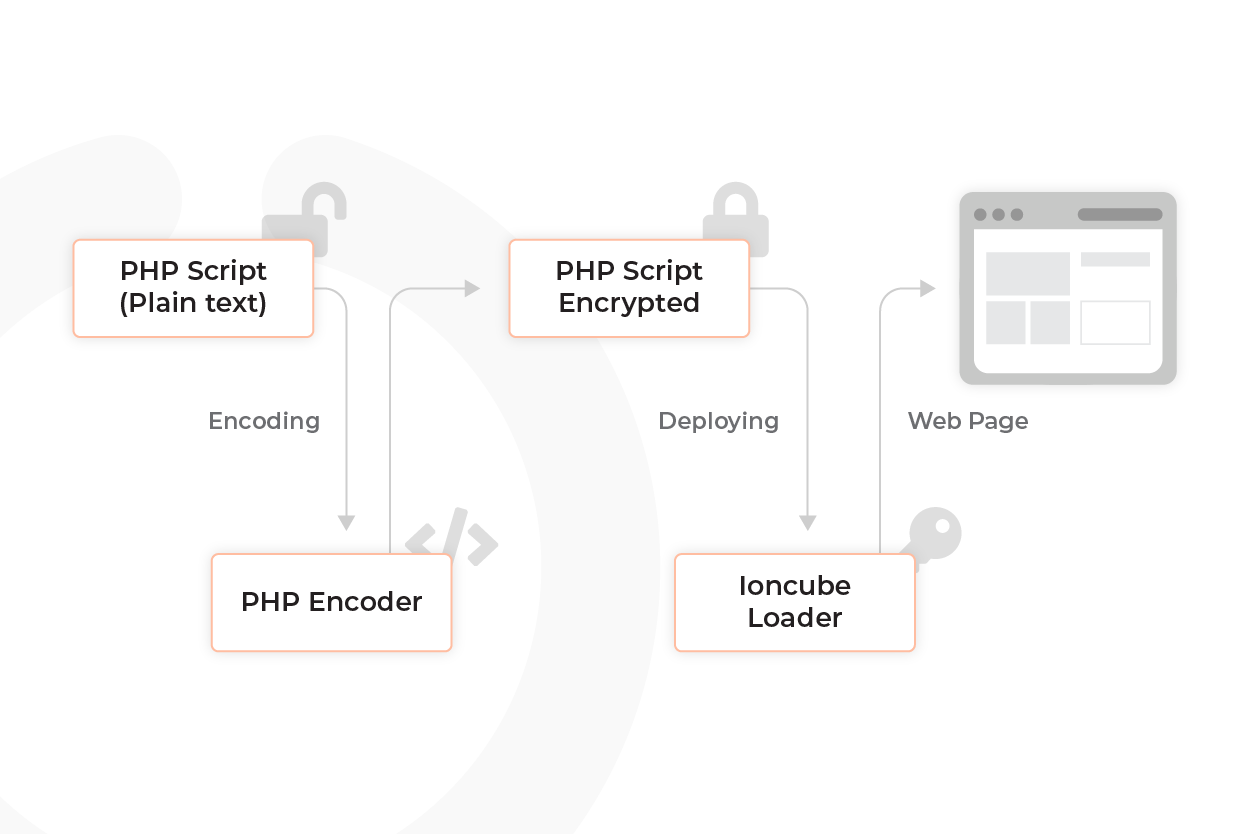
Designed to seamlessly integrate with both small-scale and enterprise-level applications, ionCube ensures that your PHP source code remains secure by rendering it unreadable and uneditable.
When distributing an application, the PHP source code is typically processed through the ionCube encoder.
However, encrypted code cannot be executed directly on the server.
To address this, the ionCube loader decrypts the code on-the-fly, allowing the PHP engine to process it alongside the rest of the application.
For applications containing proprietary algorithms or requiring software licensing features, ionCube provides an effective solution to safeguard your source code.
One-click install PHP-based apps
Some of the most popular Free Open Source Software are powered by PHP. Examples include:
- WordPress
- Drupal
- Joomla
- OpenCart
- Moodle

You can pick and choose which of these apps you want to offer customers, and even set them to auto install when a package is created.
This opens up your target markets to include specialist and niche software users.

Final thoughts
Given PHP’s ubiquity in server-side programming and its integral role in powering WordPress, the leading CMS; ensuring your hosting services prominently feature PHP optimisation will help position your brand and convert more customers.

